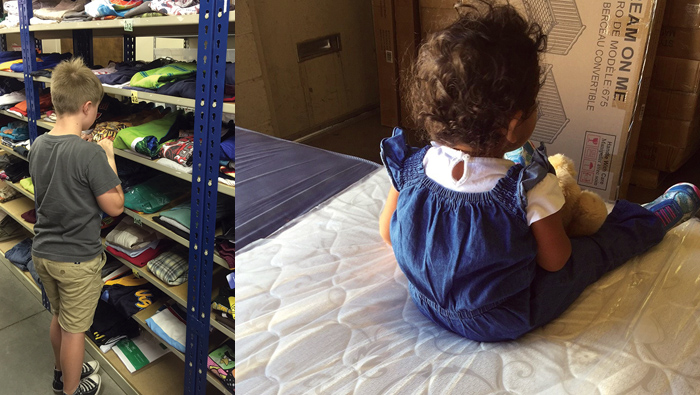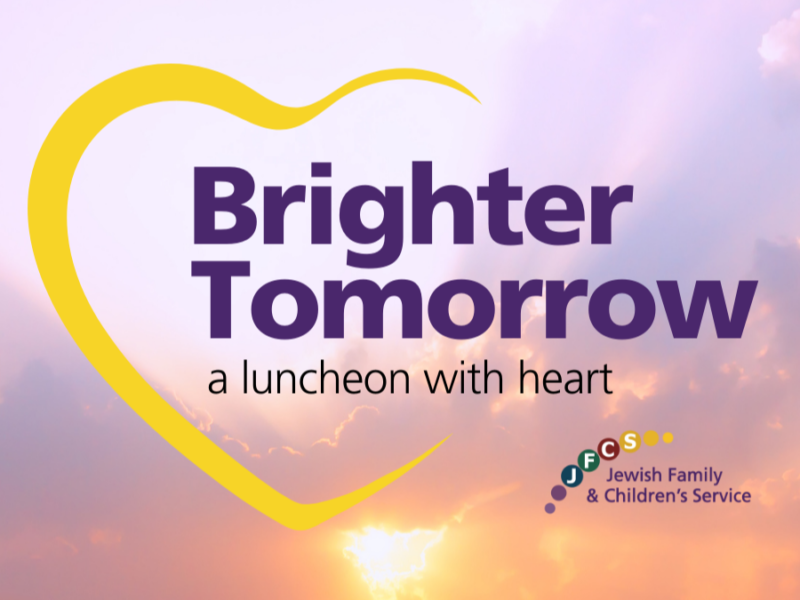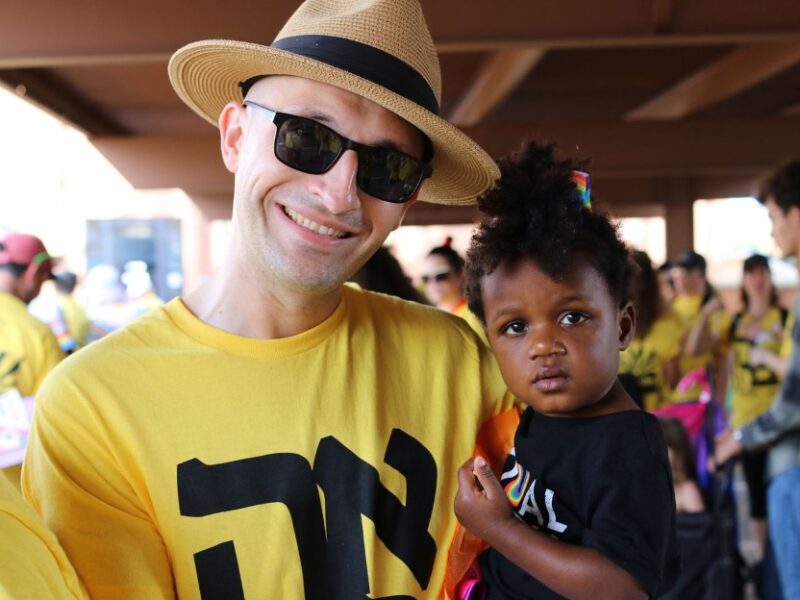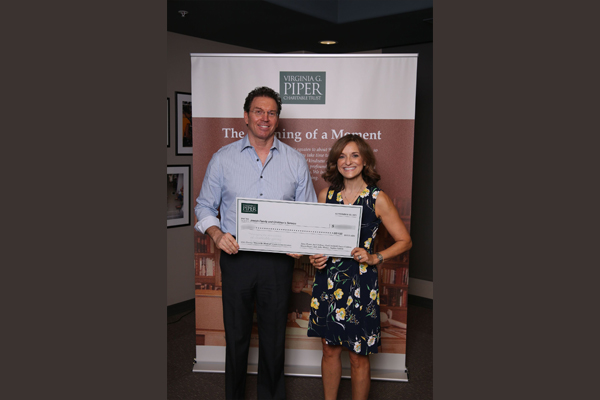When a child is placed in foster care, the transition can be overwhelming and scary.
Something as simple as a having their own bed to sleep in can help a foster placement feel more like home.
That’s where Arizona Helping Hands steps in. The Scottsdale Airpark-based nonprofit has provided more than 3,300 beds and cribs to children in foster homes since 2013, when they launched the Helping Hands for Foster Kids program to fill this unmet need.
“We’re giving these kids a safe haven to sleep on, and a little spot of comfort in what has been a very disruptive time,” says President and CEO Dan Shufelt. “There are children in the foster care system who are sleeping on grandma’s sofa or an air mattress, or crawling into bed with a grandparent because they don’t have a bed or a crib to sleep on.”
Referred to as “the care barn” by some in the Arizona foster care system, the organization also provides bedding, clothing, diapers, books, personal care packs, birthday gifts, backpacks, school supplies and holiday gifts for foster children, who often arrive at their placement homes with only the clothes on their backs. Although licensed foster families receive a stipend from the state, 40% of foster children are placed with family or friends who have agreed to take them in rather than see them turned over to strangers. These kinship families are typically unlicensed and therefore receive no support from the government.
“Many people don’t know that. The grandmother who just took in her three grandchildren and is living on social security receives no governmental stipend for caring for those kids, unless she goes through the licensing process. Many of those individuals choose not to, because they don’t want the state budding into their home life, and so they bear the entire economic cost of raising those children on their own,” Dan says.
With 19,000 children in foster care throughout the state, the need for essential items is constant. Dan says there is currently a two-week waiting period for beds.
Fortunately, thanks to a recent $10,000 grant from the Scottsdale Charro Foundation, AHH can buy a lot more beds. The Charros are an all-volunteer, nonprofit group of business and civic leaders who support youth sports, education and charitable causes. As the Charros website states, they award grants to organizations that “share our passion to strengthen our communities and build a better future for our children.”
Dan notes that AHH is grateful for the support received from the Jewish community. As one example, the Jewish Community Foundation of Greater Phoenix B’nai Tzedek Senior-Freshmen Youth Philanthropy Board awarded AHH a $1,800 grant – 18% of their available funds. He says that JCF President and CEO Richard Kasper arranged for AHH to use space on the Ina Levine Jewish Community Campus for a bicycle build project, enabling a local company to donate 200 bicycles to children in foster care.
The largest source of funding for AHH is individual donations through the state of Arizona’s charitable tax credit program. In May 2016, the Arizona legislature created a separate tax credit program to support organizations that provide services for children in foster care. A married couple can donate up to $1,000 a year ($500 for single taxpayers) to Qualifying Foster Care Charitable Organization, like AHH, and receive a dollar-for-dollar credit on their state taxes. This is separate from the other tax credits (Contributions to Qualifying Charitable Organizations, Public School Tax Credit and Private School Tuition Tax Credit). For more information on Arizona state tax credits, visit azdor.gov/TaxCredits.aspx or consult with a tax advisor. AHH also has a webpage with information about the tax credit at azfostertaxcredit.org.
“Arizona Helping Hands is actually a point of entry for families in foster care. When children are placed in foster care, we are the first resource that is mentioned by many, to come get help with those essential needs, to get the safety and comfort level of your house improved,” says Dan. He has the vision to expand their facility into a full-service foster care resource center, where foster families can access other agencies. “The future of foster care, I hope, is the creation of an Arizona Helping Hands resource center, to bring under one roof our warehouse, with all the basic needs to cover these families, together with all these ancillary support services that can truly address the 360-degree needs of these families and kids,” he says.
He would love to be able to tell a new foster parent, “While you’re here picking up your basic needs, if you go four doors down this way, you can meet with Arizona Friends of Foster Children, who will assist you with getting your children enrolled in extracurricular activities. And, as a family friend, since you’re not a licensed foster home, if you want to learn more about licensing you can go four doors down this way and talk to a licensing agent. If you’re having a problem with the Department of Child Safety, I’ve got someone here from the Ombudsman’s Office of DCS who can help you address issues and work together with your case worker.”
A steering committee is working on a feasibility study and Dan says they hope to start a capital campaign for the resource center in 2017. Several organizations have already expressed interest in being involved.
For more information about Arizona Helping Hands, visit azhelpinghands.org or facebook.com/azhelpinghands.






